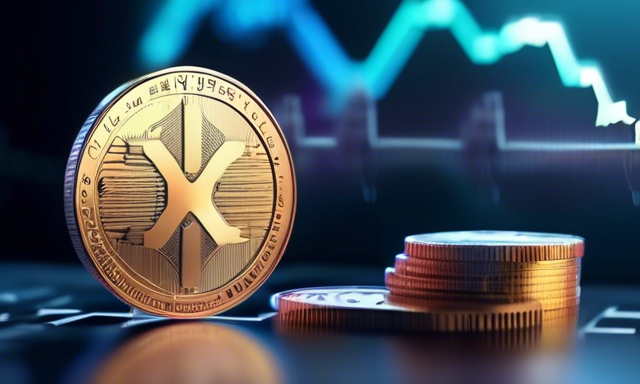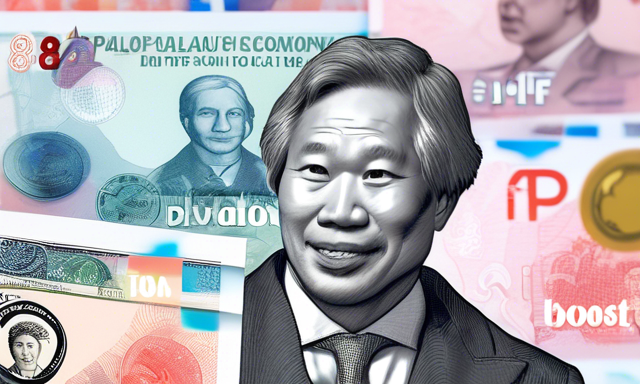EU Backtracks on Tariffs for Chinese Electric Vehicles
After announcing tariffs on China-built electric vehicles that would amount to up to 38% on July 4, the European Union is backtracking in some cases, most notably in the case of U.S.-based carmaker Tesla.
Namely, after indicating that China-made Tesla EVs would face tariffs of 20.8% in July, the EU decided to trim the tariffs to 9% after receiving an appeal from the company. The appeal stated that Tesla had received subsidies from China that do not warrant such a high tariff on its vehicles.
This tariff will be in addition to the 10% tariffs already on imported cars, totaling 19% for each TSLA vehicle.
Market Response to EU Tariff Revisions
TSLA stock seemingly reacted positively to the news, adding 0.84% in the pre-market, after 3.12% gains settled the price at $222.86 in the latest trading session.
With the revised EU tariffs, how will this development affect Tesla’s stock price in the upcoming period? AI predicts a likely price range, shedding light on potential outcomes post-tariffs.
AIs’ Verdict on TSLA Stock Price Post-Tariffs
– ChatGPT-4o from OpenAI predicts a price range of $215 to $225, with minimal impact on TSLA stock price as customers in Europe may absorb most costs.
– Alphabet’s Gemini also sets an identical price range of $215 to $225, citing reduced tariffs as mitigating downside risks for TSLA shares.
– Microsoft’s Copilot is bullish on the TSLA stock price, foreseeing a range of $240 to $260 due to tariff reduction, lower production costs, and increased competitiveness in the European market.
– AIs (except Copilot) view lowered tariffs as already priced, with the burden falling on the customer. However, lower tariffs could impact Tesla’s product price, boosting its appeal and demand in the EU.
Hot Take: Impact of Tariff Revisions on Tesla’s Future
The European Union’s backtrack on tariffs for Chinese electric vehicles, notably Tesla, has spurred market reactions and AI predictions on TSLA stock price post-tariffs. While some AIs foresee minimal impact on stock prices, others anticipate positive outcomes due to reduced tariffs and increased competitiveness in the EU market.





 By
By
 By
By
 By
By

 By
By
 By
By